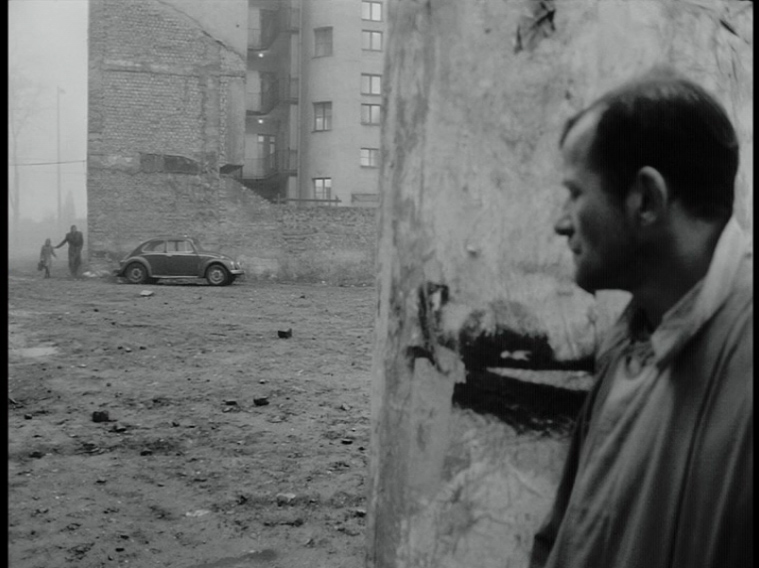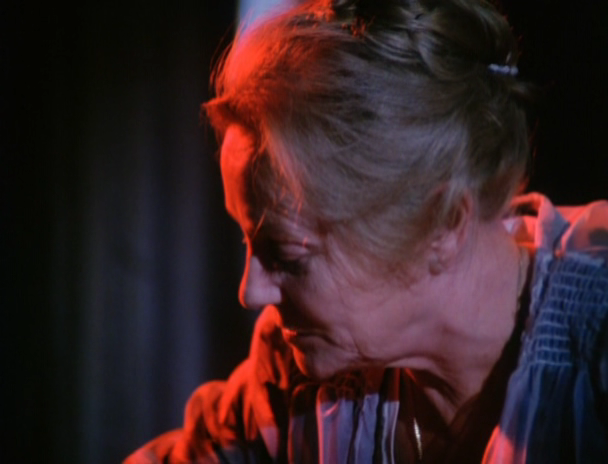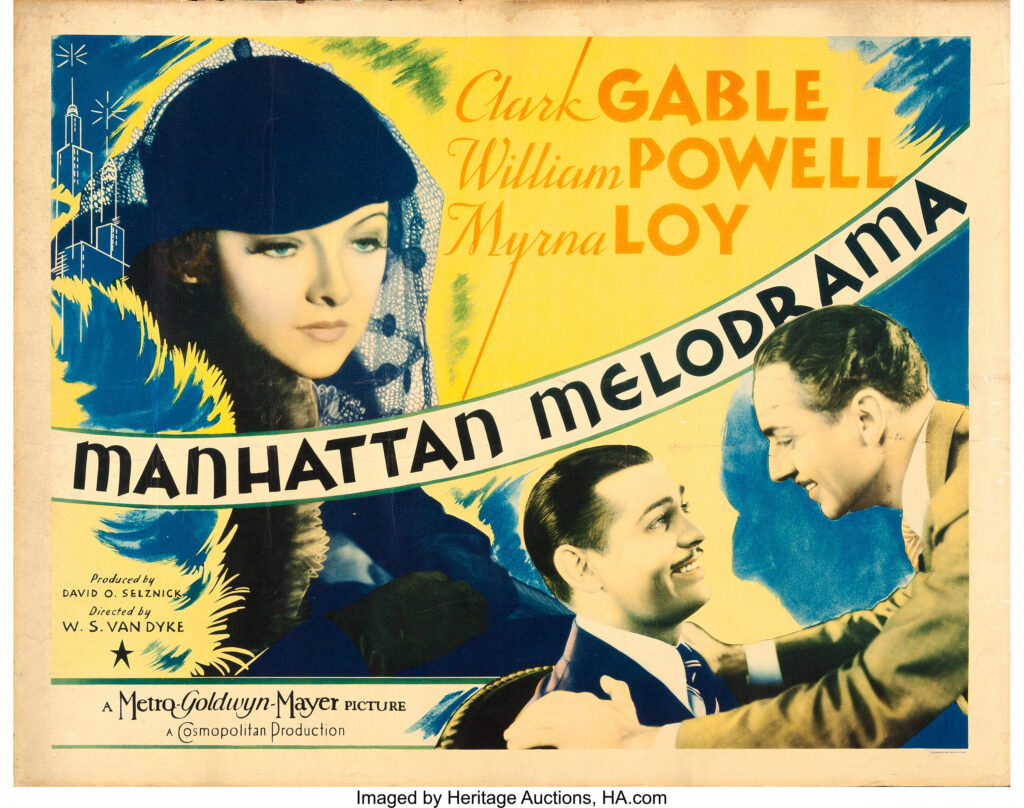A Bluffer’s Guide to Bela Tarr
From the Chicago Reader (May 25, 1990). This is also reprinted in my first collection, Placing Movies: The Practice of Film Criticism. — J.R.
ALMANAC OF FALL
*** (A must-see)
Directed and written by Bela Tarr
With Hedi Temessy, Erika Bodnar, Miklos B. Szekely, Pal Hetenyi, and Janos Derzsi.
1. Problems
One reason that Eastern European films often don’t get the attention they deserve in the West is that we lack the cultural and historical contexts for them. If Eastern Europe’s recent social and political upheavals took most of the world by surprise, this was because most of us have been denied the opportunity to see the continuity behind them: they seemed to spring out of nowhere. The best Eastern European films tend to catch us off guard in the same way, and for similar reasons.
My own knowledge of Hungarian cinema is spotty at best, despite the fact that, according to David Cook in A History of Narrative Film, the Hungarians “seem to have identified film as an art form before any other nationality in the world, including the French.” (One of the first major film theorists, Bela Balazs, was Hungarian, and a contemporary film studio in Budapest is named after him.) Read more



